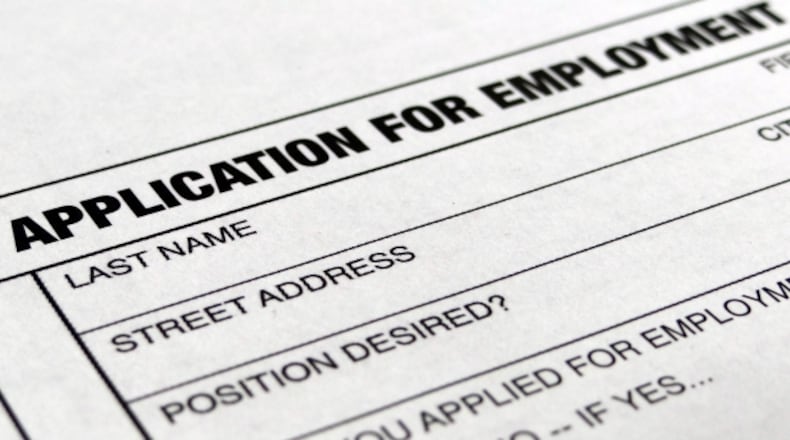Atlanta City Council is reviewing legislation to add people with a criminal history into the city’s protected class status.
The proposed ordinance relates to the city’s Human Relations Commission, which investigates and hears complaints regarding discrimination in public accommodations, private employment, and housing within Atlanta.
Atlanta’s HRC reviews allegations of prohibited forms of discrimination involving race, color, creed, religion, sex, domestic relationship status, sexual orientation, national origin, gender identity, age, and physical disability. The proposal would amend HRC’s mission to include people with a criminal background.
The proposal would also create a protected status for people regardless of their gender expression, which is how a person presents their gender outwardly through behavior, clothing, voice or other characteristics.
Credit: Miguel Martinez
Credit: Miguel Martinez
On Monday, the council’s public safety committee tabled the proposal per the request of the mayor’s office. Committee chair and City Councilman Dustin Hillis said the council will likely reconsider the proposal in two weeks.
Councilman Matt Westmoreland, who sponsored the ordinance with Councilman Jason Winston, said the proposal was brought to the council by members of the community who are say they have been unfairly treated because of their background with the justice system.
“It mirrors the approach that the city took with its own employees a couple years ago,” Westmoreland said. “If you are seeking employment and you feel like you’ve been discriminated against because of your criminal history, then this is an opportunity for you to raise that flag.”
The city of Atlanta cannot dictate what happens in the private sector, so the HRC was established to help the city hold companies accountable if discrimination is taking place there.
If the HRC finds discrimination in violation of the city’s Human Relations code, the HRC could issue a cease and desist letter, refer the company’s business license for revocation, or ask the appropriate agency to investigate whether the alleged offender violated any other city, state, or federal laws.
According to the ordinance, the council recognizes that employers have an interest in restricting their hiring and retention of persons with criminal histories to protect against claims against negligent hiring.
Credit: robert.andres@ajc.com
Credit: robert.andres@ajc.com
However, the ordinance also states employers may not use an applicant’s criminal record as an absolute bar to employment in some cases because that could violate the federal Civil Rights Act. When interviewing people with criminal records, federal courts allow employers to consider the nature of the job sought after, the gravity of the offense, and the time that has passed since the offense or completion of the sentence.
Benjamin Lynde, a policy counsel with the ACLU of Georgia, told the committee that formerly incarcerated people are 13 times more likely to experience homeless than the general population.
Residents also testified at the meeting about their negative experiences after serving time.
Sharon Turner said she was wrongfully convicted in 1993 and sentenced to 15-17 years. Although she was released in 1995, she said her application for subsidized housing in Midtown was rejected twice due to her conviction.
Deborah McQueen said the “are you a felon” question on applications impacts everything from employment to whether someone can donate their organs. She said nobody wants to be identified solely by their past actions.
“We are simply asking for an opportunity to live and to be human beings,” said Bridget Simpson.
About the Author
Keep Reading
The Latest
Featured



